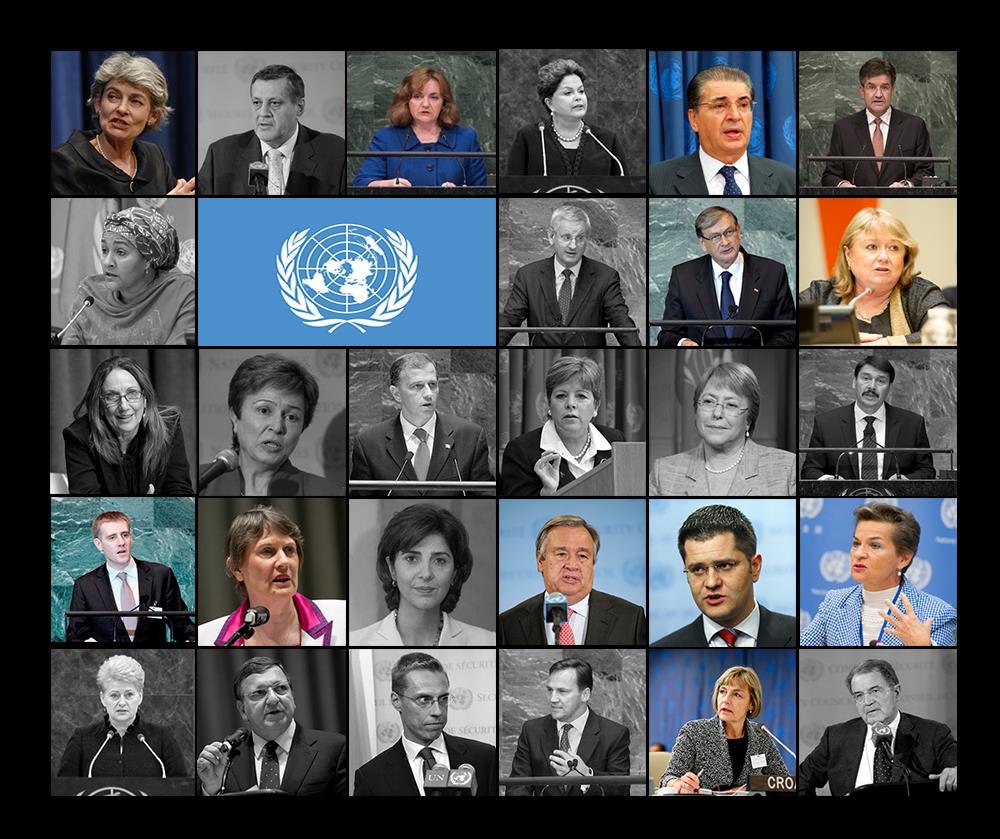In the realm of contemporary journalism, particularly when addressing the intricate ballet of international relations and military strategy, there exists a discernible tension between the pursuit of transparency and the necessity for discretion. This tension is most palpable in media engagements with government officials concerning sensitive diplomatic strategies, especially regarding military responses in contexts as volatile as Iran or broader Middle East conflicts. The crux of this discussion revolves around the nature and purpose of journalistic inquiries in such high-stakes scenarios.
Firstly, it’s imperative to acknowledge that a free press is foundational to any democracy. It serves not only as a watchdog against abuses of power but also as a critical conduit through which citizens are informed about their government’s actions both domestically and on the world stage. However, when it comes to matters of national security and diplomacy—areas inherently shrouded in confidentiality—certain journalistic practices come into question for potentially oversimplifying or misrepresenting complex geopolitical issues.
One prevalent concern is that some media questions directed at government officials tend toward seeking binary or overly simplistic answers to problems that are anything but straightforward. Diplomatic strategy, especially concerning regions embroiled in conflict like the Middle East, operates within layers of complexity involving historical context, international law, regional alliances, and multifaceted political objectives. To expect—or worse, demand—that officials distill these nuanced considerations into sound bites or definitive stances on potential military action does a disservice not only to the intricacies of diplomacy but also to public understanding.
Moreover, such an approach risks fostering misconceptions among audiences about how diplomatic processes unfold. It perpetuates an expectation for immediate clarity where patience and ambiguity might be more prudent and realistic. In situations where delicate negotiations are underway or when revealing too much could jeopardize strategic advantages or endanger lives, demanding explicit answers from officials can inadvertently undermine diplomatic efforts.
This isn’t to suggest that journalists should refrain from asking hard questions or holding officials accountable; quite the contrary. The argument here advocates for questioning rooted in an appreciation for diplomacy’s complexities rather than one that seeks sensationalism or oversimplification. Journalists have a responsibility not just to inform but to enlighten their audience—to elevate public discourse by providing context that helps people understand why certain decisions are made (or not made) on the international stage.
Therefore, media criticism within this domain should focus less on decrying perceived evasiveness by government representatives and more on encouraging reporting practices that illuminate rather than obfuscate—the kind that fosters informed public dialogue around foreign policy decisions. Such practices include deeper investigative work beyond press briefings: leveraging expert analyses; drawing connections between current events and historical precedents; explaining strategic implications without necessarily expecting official confirmation; and presenting potential outcomes of various diplomatic maneuvers being considered.
Ultimately, achieving balance between transparency demands and respecting operational secrecy requires mutual understanding between journalists covering foreign policy issues and those navigating them at governmental levels—an understanding predicated upon recognizing both parties’ roles in serving public interest albeit through different means.

Leave a Reply